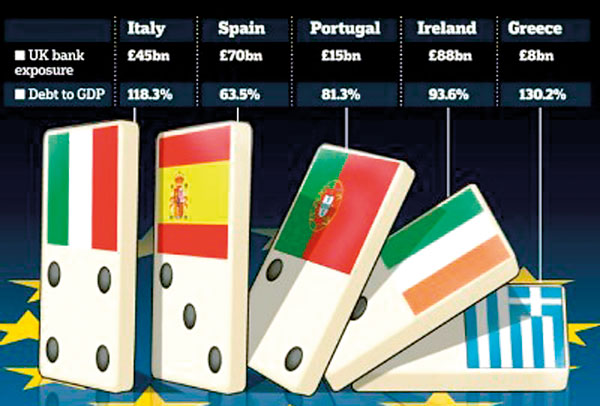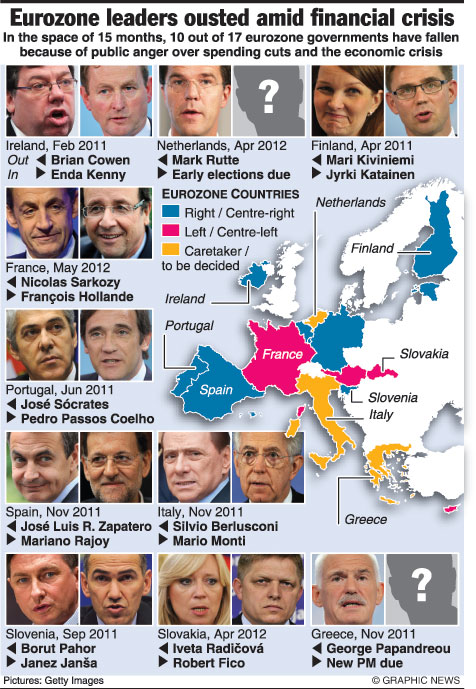28 May 2012 - {{hitsCtrl.values.hits}}
 By Dinesh Weerakkody
By Dinesh Weerakkody
 A third source of vulnerability is the region’s dependence on trade and investments with developed countries. Even though regional trade has been growing impressively, it generally consists of Raw materials, parts and components in the manufacturing sector. To a very large extent these exports are linked to demand for final consumer products in developed countries. The double dip recession in many developed countries will therefore before long find its way back to the region through a huge drop in trade, investments and tourism. The increasing spill-over effects of the Western financial crisis into the real sectors and its evolution into an economic recession, combined with long term challenges posed by climate change, and huge volatilities in food and fuel prices have all converged to pose a grave challenge for the Asian region. Due to the convergence of the political and economic crises in the West, Middle East incremental impacts must be taken into account from now on when developing countries devise policy responses to these emerging economic challenges post 2012.
A third source of vulnerability is the region’s dependence on trade and investments with developed countries. Even though regional trade has been growing impressively, it generally consists of Raw materials, parts and components in the manufacturing sector. To a very large extent these exports are linked to demand for final consumer products in developed countries. The double dip recession in many developed countries will therefore before long find its way back to the region through a huge drop in trade, investments and tourism. The increasing spill-over effects of the Western financial crisis into the real sectors and its evolution into an economic recession, combined with long term challenges posed by climate change, and huge volatilities in food and fuel prices have all converged to pose a grave challenge for the Asian region. Due to the convergence of the political and economic crises in the West, Middle East incremental impacts must be taken into account from now on when developing countries devise policy responses to these emerging economic challenges post 2012.
26 Nov 2024 51 minute ago
26 Nov 2024 2 hours ago
26 Nov 2024 3 hours ago
26 Nov 2024 4 hours ago
26 Nov 2024 4 hours ago